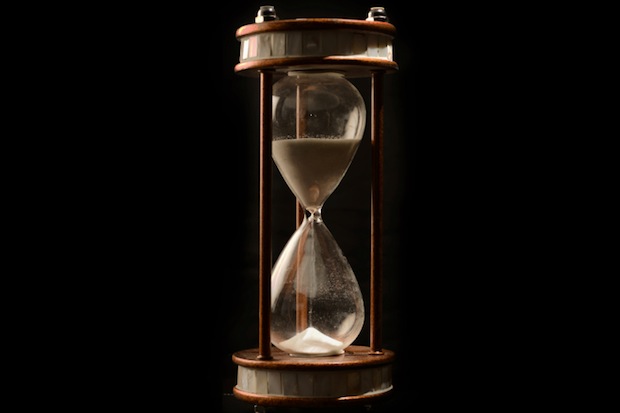The end of the year seems a good time to think about lasts. Not many of us ever do. Firsts are always landmarks: the first time you taste alcohol, drive a car, have sex. Then the first time your child talks, walks, goes to school. All are noted at the time, stored away in the mental file marked ‘life events’. But when do we ever notice, much less remember, a last? We’re doing them a disservice — in many cases they’re even more poignant than the firsts.
One problem, of course, is that we often don’t know it’s a last at the time. You’ll register your last day in a job, or your last exit from a house you’ve owned. Recovering alcoholics note (though only in retrospect) the occasion of their last drink. But the last time you go to London? Eat oysters? Cry? Only decades later will you realise that a last has occurred, by which time the event itself may well be lost in the fog we call memory.
Someone who was obsessed with lasts was Alan Clark. The second volume of his diaries includes an entry about them, focusing on his sons: the last time he read them a bedtime story, kissed them goodnight and so on. The theme highlights why lasts hold such power: they’re a reminder of mortality, of the fact that each one is a step along the road toward the last last of all, your final breath. We become parents to travel back in time, to attain a proxy state of youth — and then before you know it your children are dragging you forward, reminding you that everything in life changes so quickly. I remember the night before my son’s potty training started, thinking, ‘This will be the last nappy I ever put on him.’








Comments
Join the debate for just £1 a month
Be part of the conversation with other Spectator readers by getting your first three months for £3.
UNLOCK ACCESS Just £1 a monthAlready a subscriber? Log in